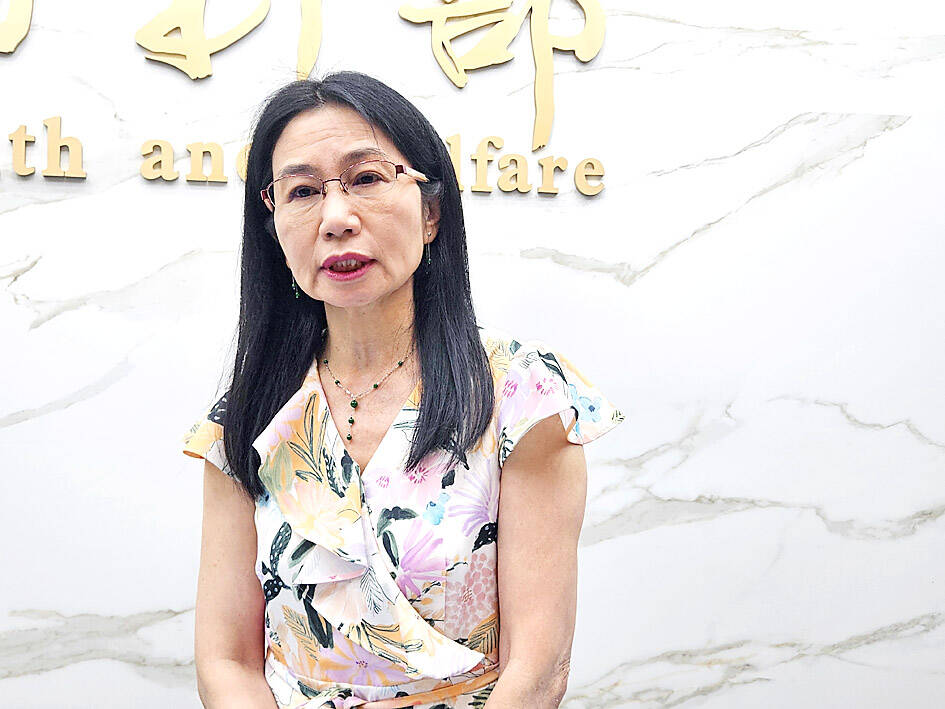The Food and Drug Administration (FDA) yesterday said that thanks to emergency imports and increased production of about 1.12 million bags of intravenous (IV) fluids, no hospital is having a shortage of the item, and supply is expected to stabilize in October.
YF Chemical Corp (永豐化學), which supplies 70 percent of the nation’s IV fluids, was ordered to suspend production last month, as the FDA during an on-site inspection found that the factory failed to meet the Pharmaceutical Inspection Convention and Pharmaceutical Inspection Cooperation Scheme’s Good Manufacturing Practice standards for medicinal products.
The FDA last month said it has initiated several measures in response to the likely shortage of IV fluids, including asking other local manufacturers to increase production, open solicitation for companies to import or manufacture IV fluids that cannot be supplemented by other manufacturers, and publicizing alternative products and assisting healthcare facilities to obtain them.

Photo: CNA
The agency had estimated that if the IV fluids are converted to 500ml per bag, there would be a shortage of about 1.1 million bags this month and a monthly shortage of 1.5 million bags starting from next month.
At a news conference at the Ministry of Health and Welfare yesterday morning, FDA Director-General Wu Shou-mei (吳秀梅) said that “currently there is no hospital having a shortage of IV fluids.”
To make up the monthly shortage of about 1.5 million bags, the agency approved special programs for imports and increased production, she said, adding that about 1.12 million bags have been received so far.
About 316,000 bags were imported from Vietnam and Malaysia last week, while 564,000 bags have been imported from Greece, Japan and Indonesia this week, adding up to 880,000 bags, Wu said.
Increased production by local manufacturers added about 130,000 bags last week and 110,000 bags this week, totaling to 240,000 bags, she said.
The FDA surveyed demand at healthcare facilities nationwide and had distributed about 680,000 bags of IV fluid among 174 facilities as of noon Tuesday, Wu said.
The agency would continue to dispatch IV fluid products, she said.
Healthcare facilities should not make bulk or repeated orders, and they should avoid wasteful, nonclinical or nonessential use at this time, she said.
YF Chemical Corp must make thorough improvements to resume production, she said, adding that the company’s report has flaws and another on-site inspection is required.
Talks with other local manufacturers to increase production are ongoing to reduce YF Chemical’s high market share, she said.
Steady supply is expected to be realized in October at the earliest, Wu added.

The Coast Guard Administration (CGA) yesterday said it had deployed patrol vessels to expel a China Coast Guard ship and a Chinese fishing boat near Pratas Island (Dongsha Island, 東沙群島) in the South China Sea. The China Coast Guard vessel was 28 nautical miles (52km) northeast of Pratas at 6:15am on Thursday, approaching the island’s restricted waters, which extend 24 nautical miles from its shoreline, the CGA’s Dongsha-Nansha Branch said in a statement. The Tainan, a 2,000-tonne cutter, was deployed by the CGA to shadow the Chinese ship, which left the area at 2:39pm on Friday, the statement said. At 6:31pm on Friday,

The Chinese People’s Liberation Army Navy’s (PLAN) third aircraft carrier, the Fujian, would pose a steep challenge to Taiwan’s ability to defend itself against a full-scale invasion, a defense expert said yesterday. Institute of National Defense and Security Research analyst Chieh Chung (揭仲) made the comment hours after the PLAN confirmed the carrier recently passed through the Taiwan Strait to conduct “scientific research tests and training missions” in the South China Sea. China has two carriers in operation — the Liaoning and the Shandong — with the Fujian undergoing sea trials. Although the PLAN needs time to train the Fujian’s air wing and

The American Institute in Taiwan (AIT) put Taiwan in danger, Ma Ying-jeou Foundation director Hsiao Hsu-tsen (蕭旭岑) said yesterday, hours after the de facto US embassy said that Beijing had misinterpreted World War II-era documents to isolate Taiwan. The AIT’s comments harmed the Republic of China’s (ROC) national interests and contradicted a part of the “six assurances” stipulating that the US would not change its official position on Taiwan’s sovereignty, Hsiao said. The “six assurances,” which were given by then-US president Ronald Reagan to Taiwan in 1982, say that Washington would not set a date for ending arm sales to Taiwan, consult

A Taiwanese academic yesterday said that Chinese Ambassador to Denmark Wang Xuefeng (王雪峰) disrespected Denmark and Japan when he earlier this year allegedly asked Japan’s embassy to make Taiwan’s representatives leave an event in Copenhagen. The Danish-language Berlingske on Sunday reported the incident in an article with the headline “The emperor’s birthday ended in drama in Copenhagen: More conflict may be on the way between Denmark and China.” It said that on Feb. 26, the Japanese embassy in Denmark held an event for Japanese Emperor Naruhito’s birthday, with about 200 guests in attendance, including representatives from Taiwan. After addressing the Japanese hosts, Wang